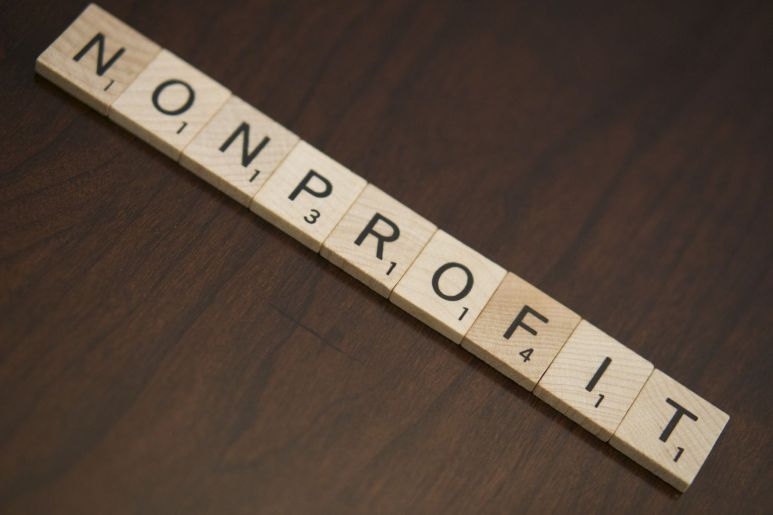The European Commission’s Copyright Directive — full of bad ideas, or full of the worst ideas ever?
That’s the question that many of us campaigning for positive copyright reform are asking ourselves in the wake of the Commission’s recently announced copyright package.
We’ve extensively discussed the problems with the Commission’s link tax — see here, here and here — but equally important, are the Commission’s proposals with regards to intermediaries, such as websites like Wikipedia which host user-generated content, and the role of “Internet cops” they will be forced to play if the Commission is successful in its aims.
Right now, many such websites have an exemption under the current rules and, quite sensibly, are not expected to police the activities of all their users. Unfortunately this might not be the case for much longer. In the Commission’s new paradigm, websites will suddenly be responsible for monitoring the activity of their users, and filtering content to disable and remove instances of alleged copyright infringement.
Just take a look at this excerpt from the Commission new proposal:
As prominent copyright blog IPKat notes, not only does this proposal directly contravene Article 15 of existing copyright rules (AKA: Directive 2000/31/EC) — but no attempt has been made by the Commission to square the circle and bring these two documents into reconciliation. They seem unconcerned.
What’s even more shocking is that the directive, as written, contains no exceptions for non-profits. For example, let’s take a closer look at the potential impact on the Wikimedia Foundation. Most readers will know Wikimedia’s flagship project Wikipedia, the open source encyclopedia that is currently the Internet’s sixth most visited website. They also host a huge volume of user-generated content through a project called Wikimedia Commons. If required to abide by the new copyright edict as written, it would find itself — and all its users — trapped between a rock and a hard place.
Implementing an “effective technology” represents a huge burden for any online platform, let alone non-profits that don’t have millions to sink into developing and deploying such systems. After all, this proposal would mean that every website that allows users to upload content will have to build expensive robot programs to spy for copyright infringement. What’s worse these bots won’t be able to understand parody, public interest exceptions, or fair use. This means content you create could be taken down for no reason: imagine your videos, website posts, and art deleted as soon as you upload because of a biased algorithm.
Not to mention that, once again, the wording the Commission uses to obscure this nefarious idea — “effective technology” — is vague, and says nothing about what would be required of these platforms. Likely this approach has been taken because they’ve learned by now that coming out and actually saying what they mean gets them in hot water.
As currently written, these regulations would be a complete disaster for groups like Wikimedia, which relies on a truly free and open web — not the kind envisioned by this copyright directive — to achieve its stated aim of “[bringing] free educational content to the world.”
It seems as though the Commission, despite continuing to pretend to be a friend to copyright reform activists, artists, innovators, and the general public, gravely misunderstands what’s needed to bring copyright meaningfully into the digital age.
With friends like this, who needs enemies?
Did you know there’s a network of concerned organizations and individuals working to combat link censorship online? If these “effective technologies” concern you, make sure you speak out at SaveTheLink.org
Like this article? rabble is reader-supported journalism. Chip in to keep stories like these coming.



